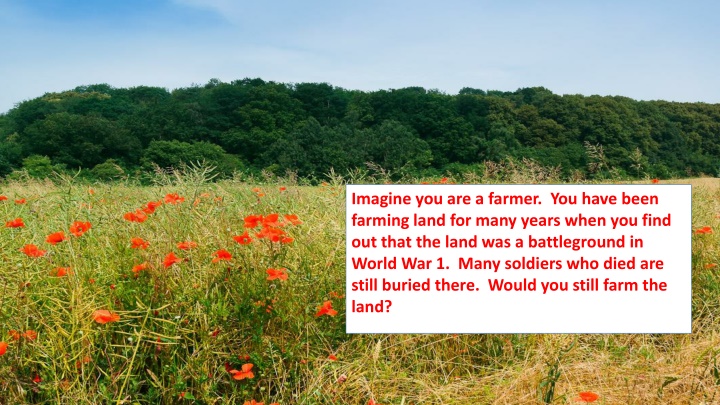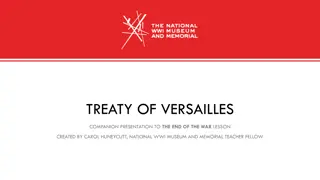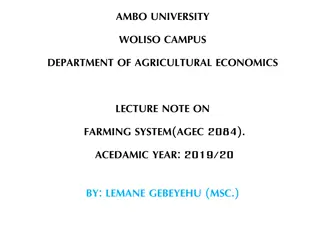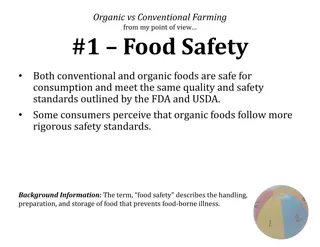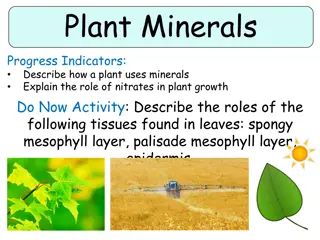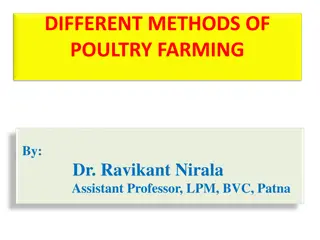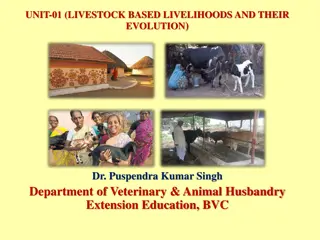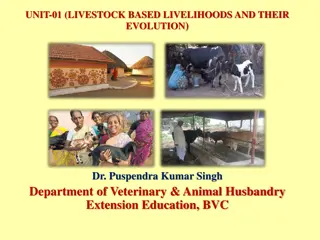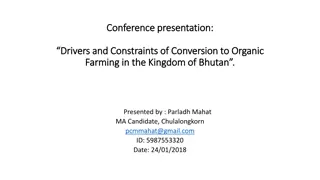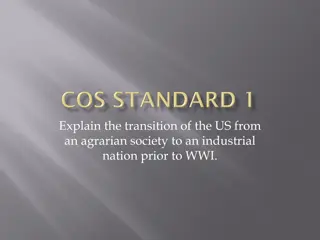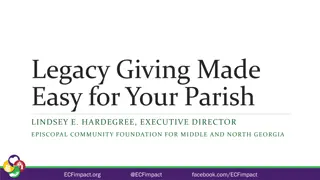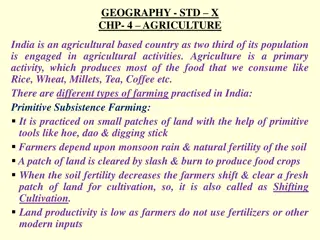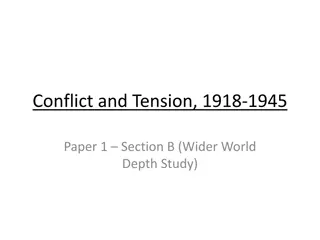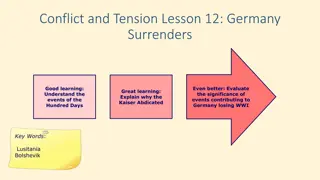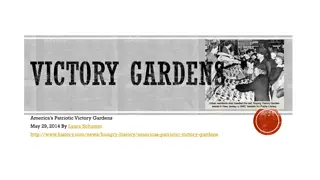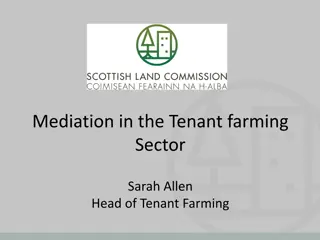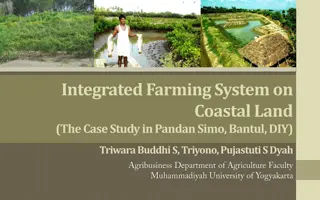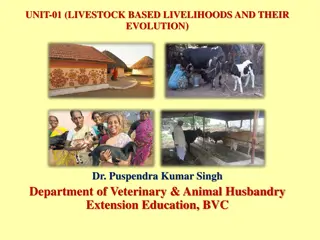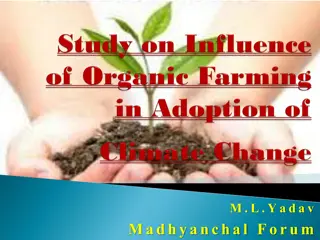Farming Amidst WWI Legacy
Amidst a farmland that was once a battleground in World War 1, the poignant history of Mametz Wood in Northern France resonates through the eyes of a farmer. Owen Sheers' poem captures the emotional journey of finding soldiers' remains on the land years later. Each verse unfolds the tragedy and sacrifice of the past, resonating with the present-day reality of the aftermath of war and its impact on the land and its people.
Download Presentation

Please find below an Image/Link to download the presentation.
The content on the website is provided AS IS for your information and personal use only. It may not be sold, licensed, or shared on other websites without obtaining consent from the author.If you encounter any issues during the download, it is possible that the publisher has removed the file from their server.
You are allowed to download the files provided on this website for personal or commercial use, subject to the condition that they are used lawfully. All files are the property of their respective owners.
The content on the website is provided AS IS for your information and personal use only. It may not be sold, licensed, or shared on other websites without obtaining consent from the author.
E N D
Presentation Transcript
Imagine you are a farmer. You have been farming land for many years when you find out that the land was a battleground in World War 1. Many soldiers who died are still buried there. Would you still farm the land?
What is Mametz Wood? Mametz Wood is in Northern France. It was the location for a famous battle during World War 1. The battle saw the 38th Welsh Division fighting against German Forces on the border of the wooded area. The German Forces were nestled in the trees with machine guns and the Welsh Division were in open ground. It ended up lasting five days with soldiers fighting face-to-face with the enemy. There were 4,000 casualties, with 600 dead. The Welsh succeeded but their bravery and sacrifice was never really acknowledged. e
Owen Sheers I wrote Mametz Wood after visiting the site of a WWI battlefield on the Somme in Northern France on the 85th anniversary of the battle. While I was in France visiting Mametz Wood I read a newspaper article about a shallow war grave that had been uncovered during the building of a car factory nearby. The newspaper carried a photograph of this grave which I will never forget. There were twenty skeletons lying in it, some still wearing rotten boots, others without. Each skeleton lay in its own position of death, but all of them were linked, arm in arm. It was a strange, touching, disturbing photograph and as soon as I saw it I knew I wanted to write a poem about Mametz.
Annotation Of The Poem After the war, the battlefield had gone back to being a farmland and years later the farmers had found the dead soldiers. What does the word wasted suggest? Why has the poet specifically used the word young ?
What is the poet suggesting about the soldiers bones? A part of a bone lying around. Chit small piece of paper. Fragility. Egg shells are fragile and easily broken. What is the poet trying to say about the skulls here?
The soldiers were told to walk towards the wood, (unaware of the guns that were waiting to fire on them). This suggests the soldiers were easy targets. What normally nests in woods? Why has the poet used this word nesting to describe the machine guns in the trees?
Sentinel means guard. The earth is guarding something. What? Going back to wounded memories, the idea that it cannot let go of the memories of the war.
Men were physically connected, dying together. They are linked together in this one grave. A mosaic is something made out of glass or stone; the bodies fit together like a jigsaw; the whole picture tells a very different story from that of the individual pieces.
The boots are still there. They outlived the soldiers. He goes on to describe the skulls of the soldiers. The ones who had jaws seem to be in shock/horror as their jaws have dropped open . Not many even had their jaws. What does this imply about their deaths?
Their mouths were open as if singing. What kind of song? Only now that they can sing. What does this mean? Now because of the unearthing of their bodies their stories can be told not by them as their tongues are absent.
Complete the table below. The first one has been done for you. Poet s language choices What is the poet describing here? What do the underlined words suggest? For years afterwards the farmers found them the wasted young. The poet is describing how the dead soldiers remains were found many years after the war by farmers ploughing the land. Wasted suggests that their deaths were pointless and stupid. Young emphasises that most of the men were too young to die. the china plate of a shoulder blade they were told to walk, not run, towards the wood and its nesting machine guns. in boots that outlasted them As if the notes they had sung have only now, with this unearthing, slipped from their absent tongues.
For years afterwards the farmers found them the wasted young, turning up under their plough blades as they tended the land back into itself. A chit of bone, the china plate of a shoulder blade, the relic of a finger, the blown and broken bird s egg of a skull, all mimicked now in flint, breaking blue in white across this field where they were told to walk, not run, towards the wood and its nesting machine guns. And even now the earth stands sentinel. reaching back into itself for reminders of what happened like a wound working a foreign body to the surface of the skin. This morning, twenty men buried in one long grave, a broken mosaic of bone linked arm in arm, their skeletons paused mid dance- macabre in boots that outlasted them, their socketed heads tilted back at an angle and their jaws, those that have them, dropped open. As if the notes they had sung have only now, with this unearthing, slipped from their absent tongues. Can you identify metaphors? Can you identify any similes? Can you identify personification? Metaphor When you say something is something else. Simile When you say something is like something else. Personification When you give an inanimate object qualities that are human.
